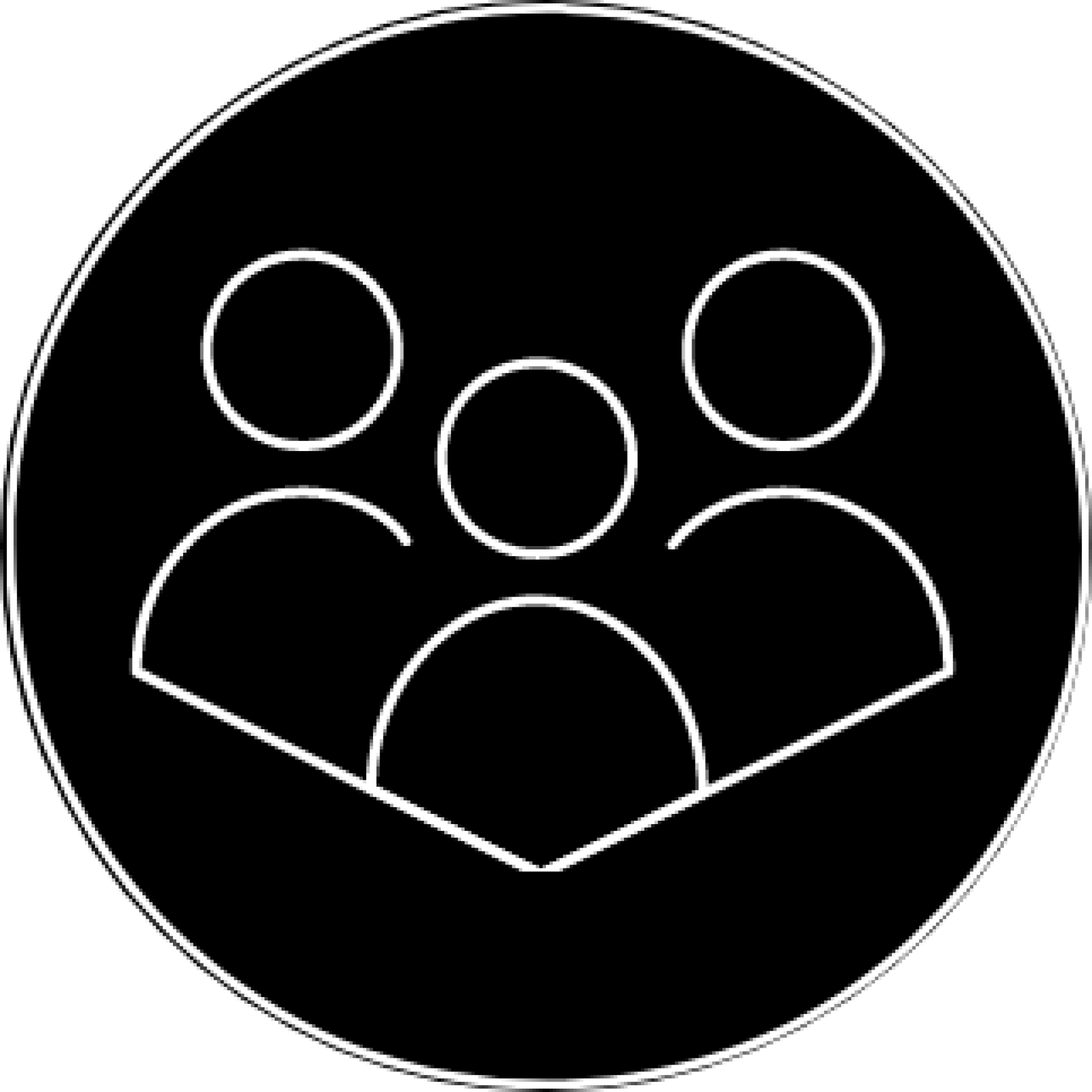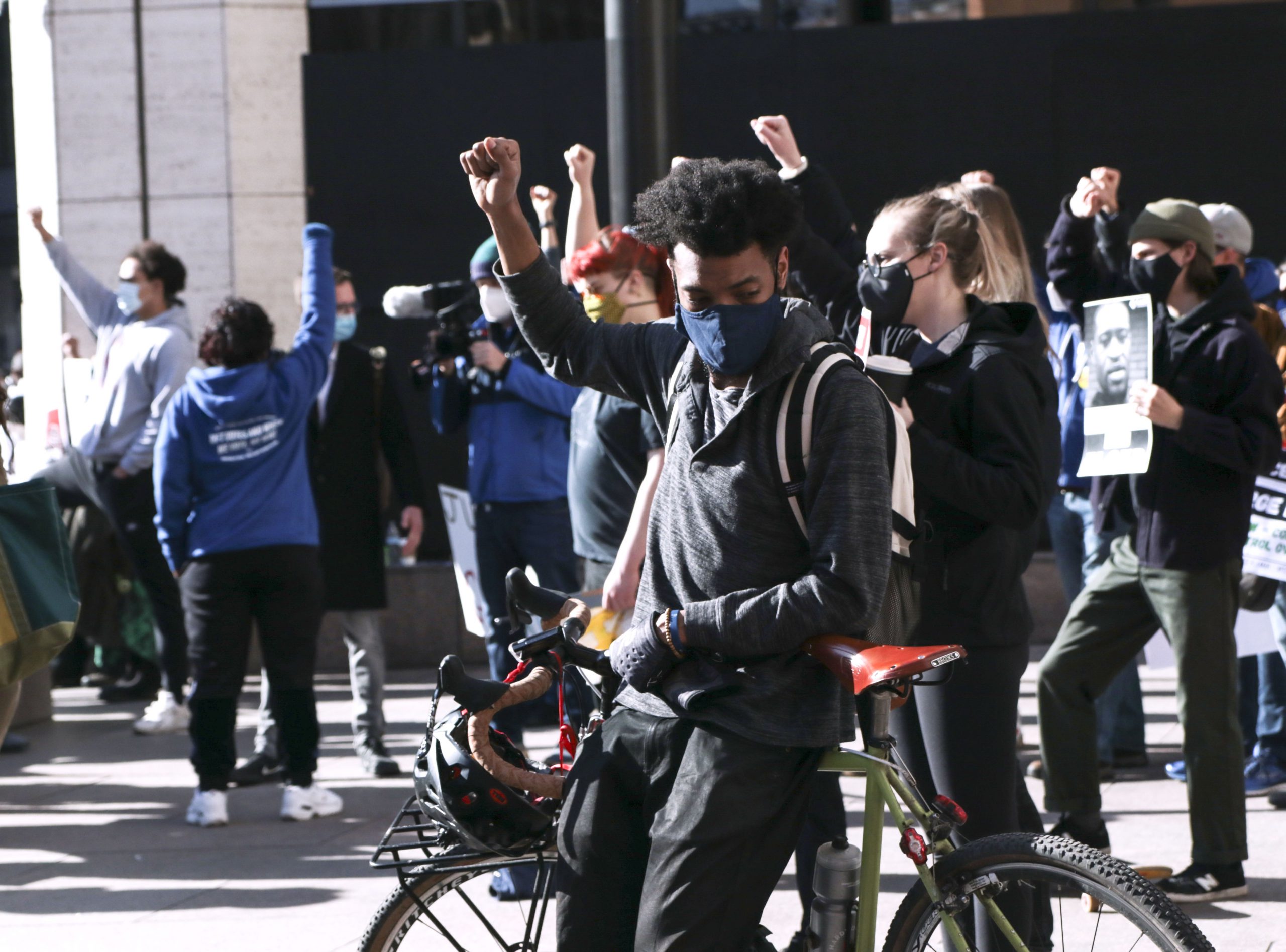The Chauvin trial and Wright killing has created a heavy load for Black students.
By Allie Micka, Tina Nguyen and Yoko Vue
Alyssharose Jordan is finishing up her last few credits for her interdisciplinary studies major at the University of Minnesota. Originally, she thought this would be a time of exciting transition and growth, but with everything this spring has presented — notably the Derek Chauvin trial and the recent police killing of Daunte Wright — it’s hard to focus on her schoolwork.
“Why bother? I just do not care right now. I’m two credits away from graduating, I’m so, so, so close to being done, but I don’t wanna do my schoolwork. I don’t wanna do anything,” Jordan said.
The Chauvin trial and protests around Wright’s death has put a heavy burden on Black students like Jordan during the spring semester. Compounded by the pandemic and Zoom fatigue, she and others say they find themselves in an exhausting cycle of homework, submit and repeat— all the while either trying to follow the proceedings or keep them at bay to preserve energy for school.
Zyon Edwards, a strategic communications major, said he watches about one hour of the trial each day with his mother but keeps the coverage at arm’s length. “We’re very much privy to what’s happening, but we make an effort to keep distance,” Edwards said.
Other students, like Turner Ryan, said that as a Black student he has felt additional pressure to educate others. Ryan, who comes from a multracial family, said white family members added him to group chats to get the “Black perspective.” He quickly removed himself from the discussions.
“I just left them immediately because I am not willing to speak for all Black people. My opinion is not that of my entire race,” Ryan said.
The death of 20-year-old Wright on April 11, which happened at the end of spring break and on the eve of the Chauvin trial’s third week, hit Jordan hard. Wright was shot in a struggle with Brooklyn Center police by an officer who said she mistook her handgun for her Taser.
“When I first heard about it, it was just this feeling of dread and despair and disbelief, and just ‘why why why?’” Jordan said.
She said it makes her want to shut down. Talking about it with friends and family is exhausting and often just makes her angry, she said.
“It’s this contradiction of wanting to have that space to discuss it, but then also wanting to have a space where you can just focus on school for 10 minutes, for an hour, without having to think about it,” Jordan said.
She wishes the University had a standard approach to address burnout, not just for students but also for faculty, such as providing students with more leeway on assignments while they take care of themselves.
At the start of the trial, the Provost’s office sent faculty an email of teaching resources with a reminder that the trial’s related events “been experienced differently, based on individuals’ identities and lived experiences.” The University’s Interdisciplinary Collaborative Workshop, which held teach-ins on racism following George Floyd’s killing last year, announced a new teach-in on the Chauvin trial starting Monday.
Individually, professors have tried to alleviate pressure by creating spaces for students experiencing the trauma of these events. Edwards said that one of his professors offered mental health breaks and the opportunity for students to speak up when they’re in a bad space.
“I think the overall tone has been very much like ‘this is a hard time I understand that, so you know I’ll try to keep things low stress,’” Edwards said.
But for some Black students, well-intentioned faculty efforts can backfire. Jordan said it’s awkward when professors do “check-ins” about the trial in classes of mostly white students.
As Ryan observes, help just needs to be there for people who need it.
“I think trauma relief for certain people, people that are greatly affected by the outcome, by what happens, just making sure those resources are present and available,” Ryan said. “Counseling, things like that.”
Students can count on facing two more weeks of instruction plus final exams. What is less clear is the timing and impact of a Chauvin trial verdict, which could come as early as this week. President Gabel announced Monday the campus has a heightened law enforcement presence. The verdict has the potential to disrupt the focus of even those Black students who have been less affected by the trial so far.
“I want to know what the final outcome is,” said Zainab Mohamed, a fifth-year journalism student, who noted she has not yet been distracted by the protests or trial. “I think he [Chauvin] should go to…prison for what he did. If that was not the case, that would affect me.”

